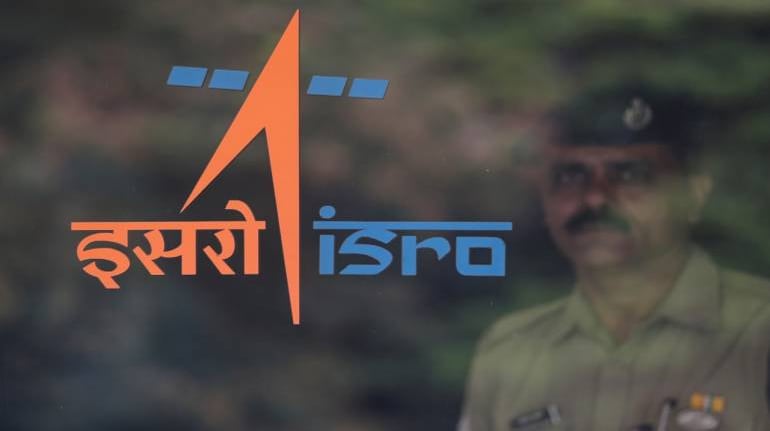



Announcements made by the FM as part of her fourth tranche of stimulus measures to help private sector and startups is a step in the right direction. However, a lot depends on how it is implemented, say experts.
Speaking to media persons on Saturday, Finance Minister Nirmala Sitharaman, said that with the private participation increasing, the government will provide level playing field for private companies in satellites, launches and space-based services.
It will allow private companies to use ISRO’s facilities and assets to improve their capabilities. Opportunities will also open up in planetary exploration and outer space travel for the private sector in the future. To facilitate all this, a predictable policy and regulatory environment will also be provided to private players, she said.
To help startups, a liberal geo-spatial data policy is in the offing to provide remote sensing data to tech entrepreneurs.
This is timely given that private sectors are beginning to play a significant role in India’s space activities.
This is also in line with the government’s intention to leverage and commercialise Indian Space Research Organisation (ISRO) capabilities when it established New Space India (NSIL), the new commercial arm of ISRO in 2019.
During Chandrayaan-2, close to 620 companies worked together to make the aircraft and launch vehicle. This will continue for the upcoming India’s first manned mission, Gaganyaan as well.
NSIL was in part established to expand ISRO’s commercial activities domestically. It will also help in monetising ISRO’s research, products and services in space technology. The recent move that lets private sector use ISRO assets to improve their capability is the next step.
This definitely presents more opportunities for private sector. However a lot depends on its implementation.
Keshab Panda, CEO & MD, L&T Technology Services, which works with parent company L&T on space projects said that this gives them clear opportunities to collaborate more with the research organisation.
“But more often than not it takes a long time to be implemented,” he added.
An executive pointed out there are also challenges with payment terms and what are the terms based on which the participation will be encouraged.
“After all, it is business and we want to be paid well,” added the executive.
Another move is providing remote sensing data to tech entrepreneurs. Most of the agri tech startups use remote sensing data to research and develop products and solutions that help farmers. Some of the solutions include helping them understand soil fertility or quality of their produce.
According to FM Sitharaman, startups pay a large amount to get satellite data from foreign organisations and providing geo-spatial data from ISRO will bring down the cost.
There are issues here as well. Ruchit G Garg, founder, Harvesting Inc, a startup, said that ISRO data will definitely help further research and commercial pursuits. But only if the process of accessing the data is made easier, which is clearly not the case right now, he added.
An entrepreneur pointed out that obtaining data from ISRO involves a lot of paperwork and a long-winding process unlike overseas organisations. Garg explained that getting remote sensing data, up to a certain resolution, is free overseas and as easy as signing for email.
Discover the latest Business News, Sensex, and Nifty updates. Obtain Personal Finance insights, tax queries, and expert opinions on Moneycontrol or download the Moneycontrol App to stay updated!
Find the best of Al News in one place, specially curated for you every weekend.
Stay on top of the latest tech trends and biggest startup news.